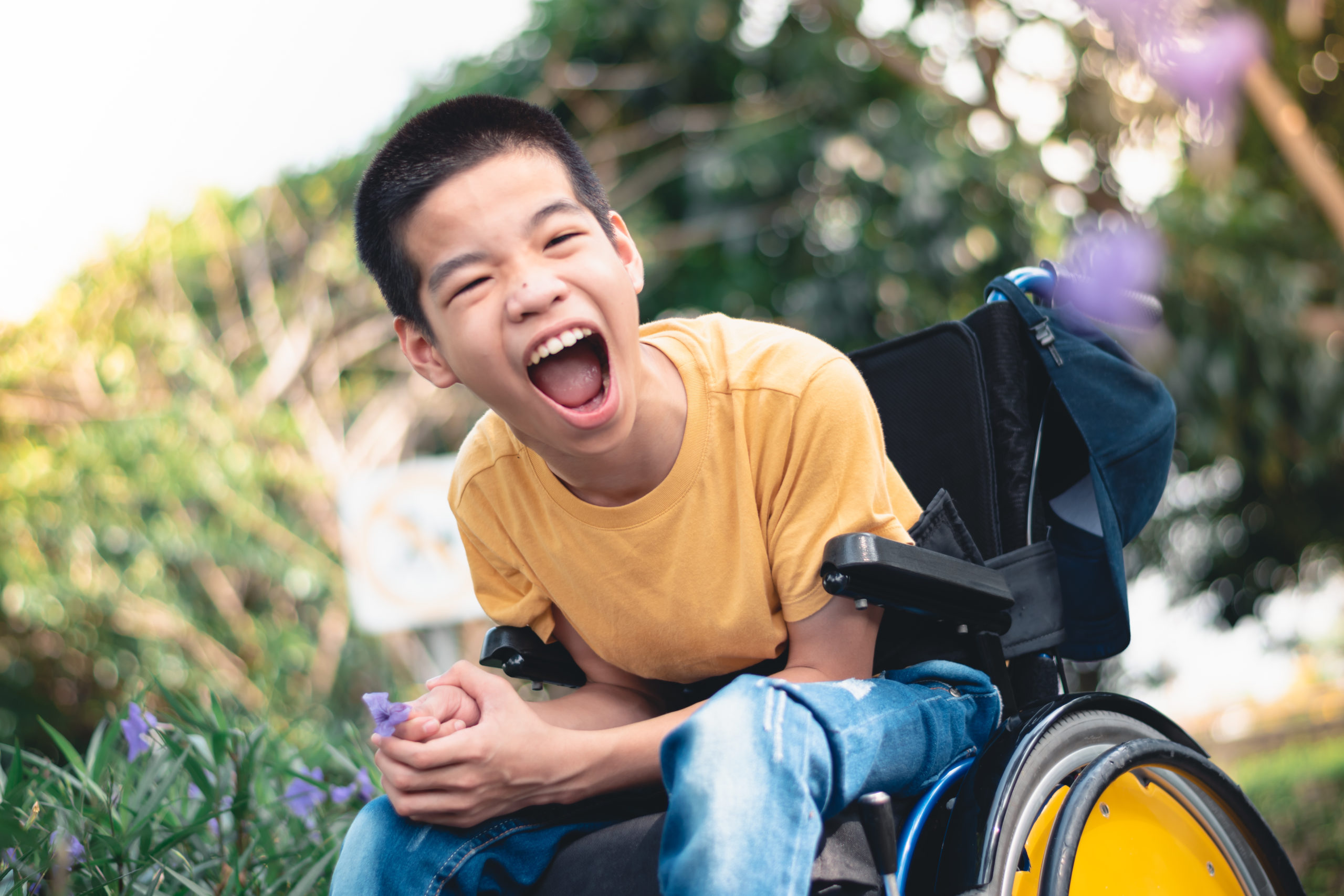
By Dr Sarah Reedman – PhD BPhty (Hons), Q Paediatrics Paediatrician
 International Day of People with Disability
International Day of People with Disability
The International Day of Persons with Disability (IDPD, also known as International Day of People with Disability, IDPwD in Australia) is observed on December 3rd each year. The day was first proclaimed in 1992 by the United Nations in 1992 to promote an understanding of issues that people with a disability may experience, while calling for support for the dignity, rights and well-being of persons with disabilities.
Why should we ‘build back better’?
The theme for this year’s IDPD is “Building Back Better”. One of the many issues that the COVID-19 Pandemic laid bare was the many systematic inequalities that are faced by people with disabilities. For this reason, this year’s theme calls for working toward a disability-inclusive, accessible and sustainable post COVID-19 world.
Throughout COVID-19, people with disability including children may:
- Have increased susceptibility to severe disease
- Be living in situations such as institutional care that can increase their risk of infection
- Experience the reduction or cessation of essential care services during ‘lockdown’ periods
Adults with disability are also more likely to have insecure employment or be underemployed, which in times of economic recession has a disproportionately negative impact on their employment rates. Deaf and hard of hearing individuals who lip read may experience communication difficulties when others are wearing facemasks. Research has shown that children with disabilities are more likely to experience mental health concerns, like anxiety. As the changes and uncertainty generated by the pandemic have the potential to heighten anxiety, the raising children network explains that it is important to monitor for signs of increased stress in children and teenagers with disabilities. Social stories, routines, and visual supports may be ways to support your child in understanding and coping with this uncertainty.
IDPD this year provides an opportunity to highlight these issues and help to turn them around.
Let’s start to ‘build back better’ for adults and children with a disability
The Building Back Better theme recognizes the potential to transform the lives of people with disabilities through adaptations and changes brought on or accelerated by the COVID-19 Pandemic. For example, labour studies and employment researchers, Professors Lisa Schur and Douglas L. Kruse, proposed how COVID-19 could revolutionize work opportunities for people with disabilities through the widespread adoption of working-from-home practices.
The pandemic has also provided a unique opportunity for many Australians including children and adults with disabilities and their families to take stock of their health and wellbeing, and to re-evaluate their goals in the context of what’s really important.
Ways that we can ‘Build it Back Better’
- Ensuring health services are accessible and meet the needs of people with disabilities at all times, especially during times of crisis.
- Make communication accessible by providing easy access to translation services and alternative methods when one might be unexpectedly compromised.
- Maintaining the option for flexible working and study arrangements.
- Increasing inclusion, participation and visibility of children and adults with disability in all areas of life.
We’re here to help
If your child is living with a disability and needs access to high quality, holistic, disability-informed allied health services, staff from Q Paediatrics are ready to support you. Our business is also registered with the National Disability Insurance Scheme (NDIS), which means that we can offer services to all NDIS participants including those with agency-managed funding.
Ways Q Paediatrics supports individuals with disabilities and their families:
- Proudly offer a variety of services that match each individual’s needs and circumstances, including face-to-face, telehealth, home, school and community visits, and individual or group sessions.
- Offer a unique physiotherapy-based group exercise program, Hard Cord Kids®, that is a dynamic and fun environment highly suitable for children with disabilities.
- Have significant experience in working with children with disabilities and their families.
- Have up-to-date knowledge of and skills in working with funding schemes and support mechanisms such as the NDIS.
 Dr Sarah Reedman, is a Physiotherapist working for Q Paediatrics and a Postdoctoral Research Fellow at the University of Queensland. Sarah’s research focuses on reducing barriers to participation in physical activities for children with cerebral palsy.
Dr Sarah Reedman, is a Physiotherapist working for Q Paediatrics and a Postdoctoral Research Fellow at the University of Queensland. Sarah’s research focuses on reducing barriers to participation in physical activities for children with cerebral palsy.

